INTERVIEWS
Carlos Medellín
Interviewer: Greg Labrosse
Language of interview: Spanish
Country of practice: Colombia
Profession: Designer and architect. Undergraduate studies in architecture, master’s degree in media, architecture and design. Currently completing a second master’s degree in advanced design.
Carlos Medellín is a Colombian architect and designer. His interests focus on spaces for restorative justice, education, and diversity. He is currently pursuing his second master’s degree in design at the California College of Art, and he is a member of Horizontal, an architecture studio in Bogotá. As a Colombian citizen, and after realizing that violence and fear of impunity have prevailed for decades in the country, he became interested in the relation between the internal strife, restorative justice architecture, and participatory processes with youth.
During our conversation, Medellín describes “La Casita”, a space for juvenile restorative practices located in a central neighborhood of Bogotá that has welcomed more than 250 young people from all over the country. “La Casita” is the result of a multidisciplinary initiative with government institutions, design studios, artists, psychologists, legal professionals and adolescents, participating in restorative justice processes. Medellín describes the main objective of this project as the creation of a space for dialogue and reparation, and pedagogies of restoration and reintegration based on Indigenous knowledge. He further explains “La Casita” could become a project to be replicated in different contexts, as long as the participation of people from the local context is ensured during the design stage.
In addition, Medellín tells us about the difficulties faced by projects of restorative and transitional justice architecture, which include the lack of commitment of architecture professionals, the management of arduous bureaucratic processes, and the constant budget limitations. He explains that in order to carry out projects of this type of architecture, it is vital to foster collaboration with government entities, to include the young participants in the design process (both survivors and those who have committed the offense), and to find a balance between the spatial components and the objectives of restoration.
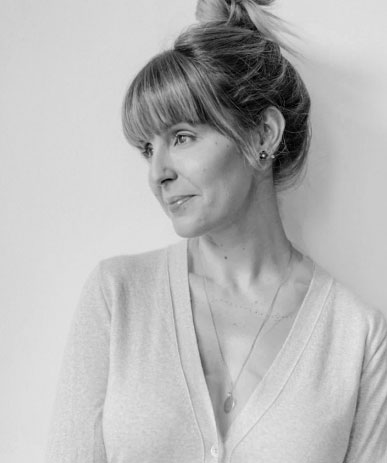
is an author, speaker, columnist, and podcaster in the fields of architecture and decorative arts. She is completing her MA in Art History at Concordia University, Montréal, and holds a Bachelor of Commerce with a major in Marketing from John Molson School of Business. She studied Industrial Psychology in Los Angeles, California. Sicotte is the author of two published books on design (2015, 2018) published by Les Éditions Cardinal.

is a Colombian PhD candidate in the Department of Art History at Concordia University. She has a background in architectural design and community activism and holds a master’s degree in Building and Urban Design from the Bartlett School of Architecture in London, England. Her interests focus on socially-engaged art, social movements, collaborative activism in post-conflict scenarios, collectively-produced art, and art produced in relation to the built environment.
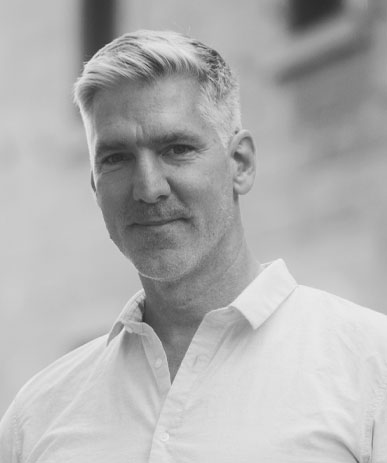
is a PhD candidate in Humanities at Concordia University. His research focuses on spatial agency, social aesthetics, youth narratives, and graphic representations of urban memory. He has published on the relationship between children, play, and public space in Cartagena, Colombia. He has also worked as an editor on literary projects, including Territorio Fértil, which received the María Nelly Murillo Hinestroza award for Afro-Colombian literature.
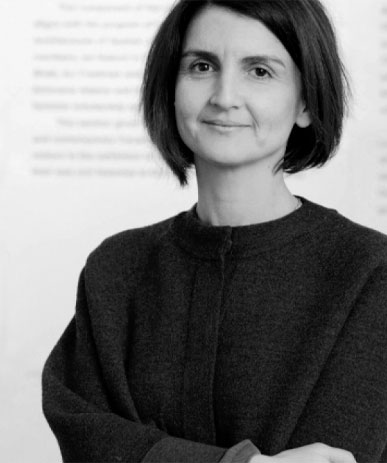
is Associate Professor and Canada Research Chair in Architectures of Spatial Justice (Tier 2) at the Peter Guo-hua Fu School of Architecture at McGill University, Montréal, Québec, Canada. Her research interests include low-income housing and participatory design, civil protest and urban design, and campus landscapes and race. Her publications include the co-edited book, Orienting Istanbul (2010) and solo-authored book, Istanbul Open City (2018).
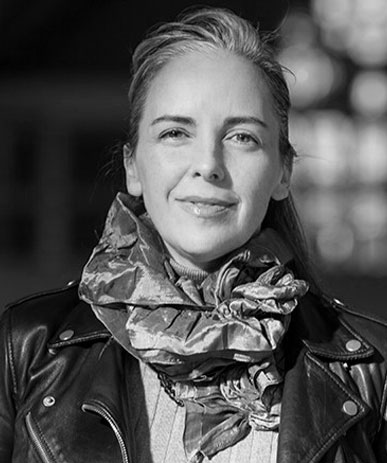
is an artist and a professor of Art History at Concordia University. Her work focuses on women and the history of the built environment, urban landscapes, research-creation, and oral history. She has published on the spatial history of the suffrage movement, public art, gardens, and the politics of urban change. In addition to her research on the spaces of restorative and transitional justice, she is leading an oral history project on the urban memories of diverse Montrealers.
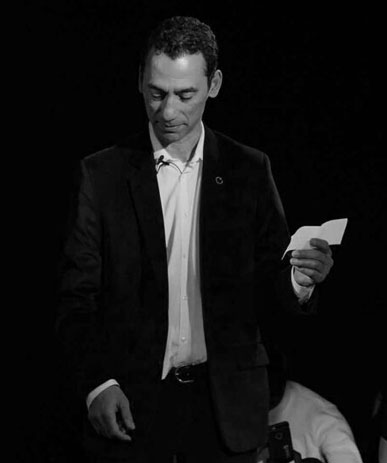
is Associate Professor in the Department of Theatre at Concordia University, Montreal (Quebec, Canada). He is also the second co-director of Concordia’s Centre for Oral History and Digital Storytelling. His latest publications explore listening in the context of post-conflict performances of memory. For instance, see ‘Facilitating voicing and listening in the context of post-conflict performances of memory. The Colombian scenario.’ In: De Nardi, S., Orange, H., et al. Routledge Handbook of Memoryscapes. Routledge: London. (2019), and his article ‘Not being able to speak is torture: performing listening to painful narratives’. International Journal of Transitional Justice, Special Issue Creative Approaches to Transitional Justice: Contributions of Arts and Culture. (March, 2020)